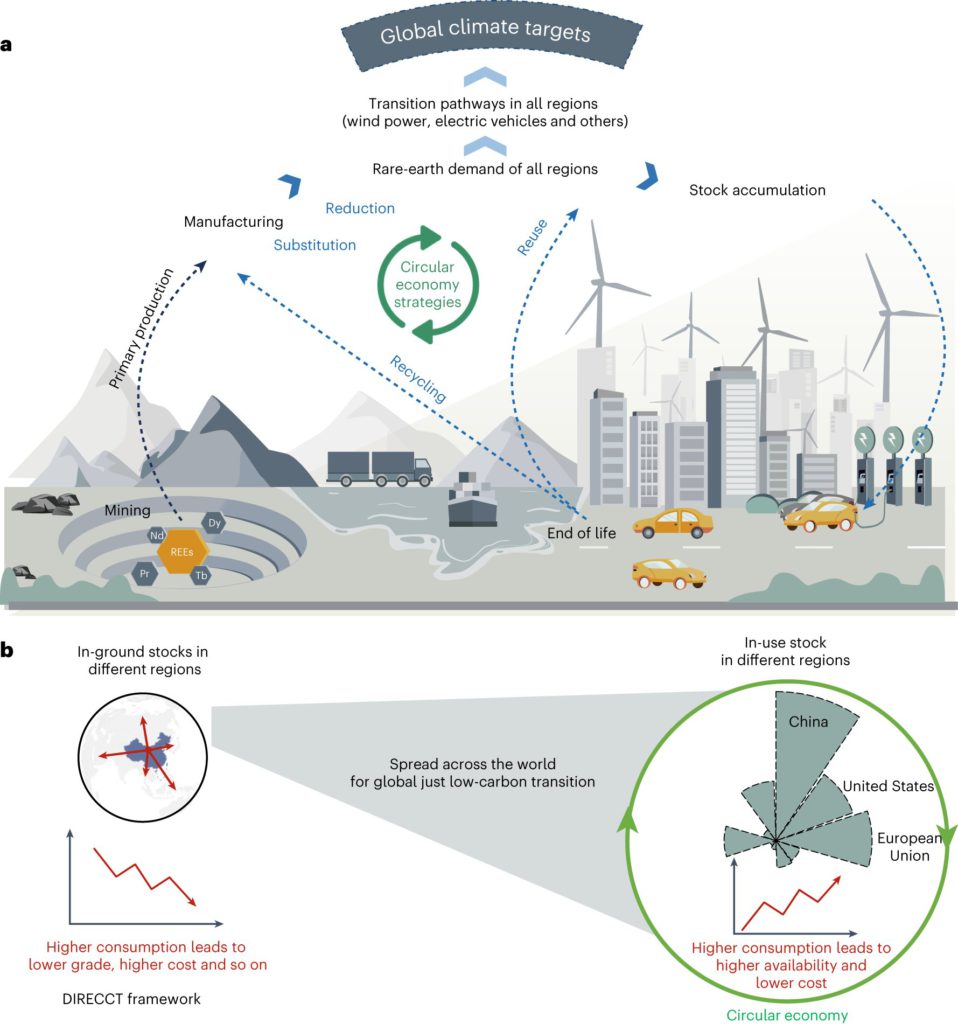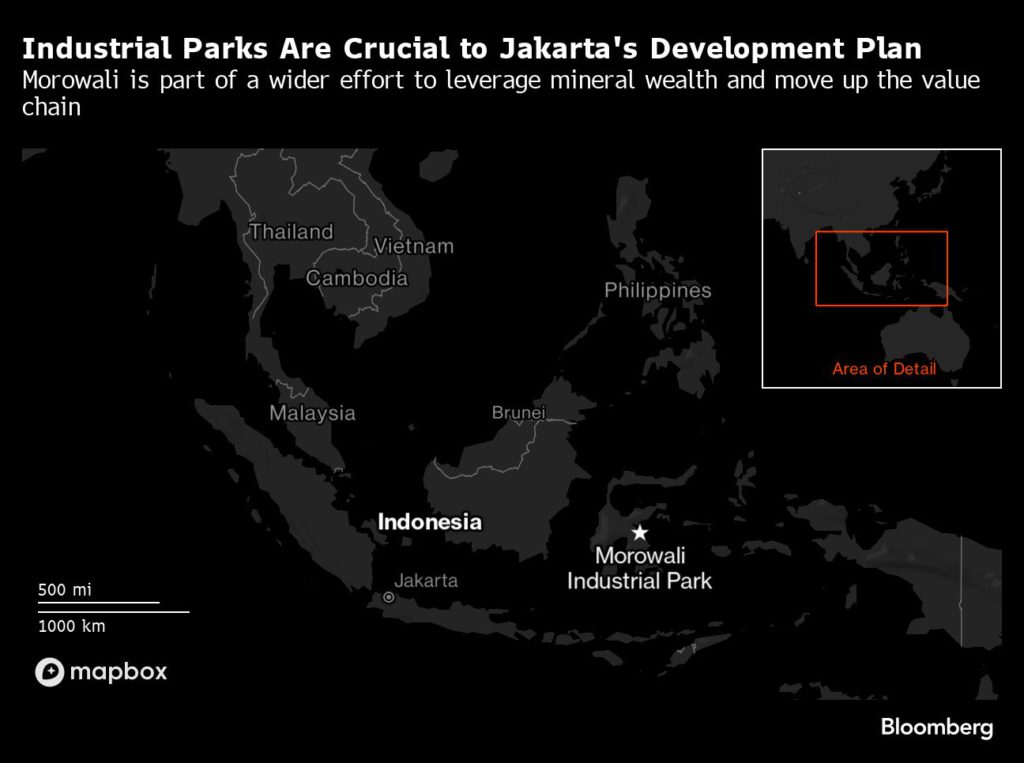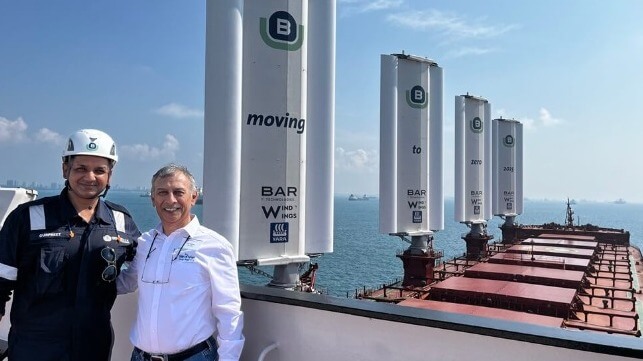Canada’s oil producers plan higher output for this year and expect to earn more from their heavy crude once the long-delayed expanded Trans Mountain Pipeline enters into service.
The start date of the Trans Mountain Pipeline Expansion (TMX) is the key uncertainty this year for the Canadian oil industry, the benchmark Canadian heavy oil prices, and the revenues for the oil-producing province of Alberta.
Despite this uncertainty about the additional export capacity from Alberta’s oil sands, some of the biggest Canadian producers plan to boost production in the short to medium term.
The top liquids producer, Canadian Natural Resources, for example, announced last month its 2024 capital budget that targets exit 2024 production levels of around 1.455 million barrels of oil equivalent per day (boepd), up by around 40,000 boepd from the targeted exit 2023 production levels. The company also targets 2025 average annual production growth of approximately 4% to 5% compared to the 2024 average annual production levels.
“In the second half of the year, assuming commodities do not have material price declines in 2024, the program will shift to being weighted towards shorter cycle development opportunities to better align with incremental market egress, allowing us to maximize value for our shareholders,” Canadian Natural Resources said in December.
Cenovus Energy plans to invest capital this year primarily for progressing the West White Rose project “as well as incrementally growing production at the Foster Creek, Christina Lake and Sunrise oil sands facilities.”
Analysts expect tie-backs to existing oil sands facilities or expansion of operational sites by some of the biggest Canadian oil firms to boost Canada’s crude oil production by 8% by 2025.
Key to that expanded production would be the progress of TMX, the project that the Federal Government of Canada bought from Kinder Morgan back in 2018, together with related pipeline and terminal assets. That cost the federal government $3.37 billion (C$4.5 billion) at the time. Since then, the costs for the expansion of the pipeline have quadrupled to nearly $23 billion (C$30.9 billion) and could continue to increase.
The expansion project has also faced continuous delays over the years. The latest roadblock emerged in December when the Canadian regulator denied a variance request from the project developer to move a small section of the pipeline due to challenging drilling conditions. Trans Mountain is now waiting to receive the reasons for the decision, the corporation said, adding that construction on the project was more than 97.8% complete.
Trans Mountain has previously said that it plans on achieving first oil on the expanded pipeline to the Westridge Marine Terminal by the end of the first quarter of 2024.
This week, the company said it plans to start line fill in March or May, depending on the diameter of pipe it uses and assuming there would be no other setbacks.
The expanded pipeline will triple the capacity of the original pipeline to 890,000 barrels per day (bpd) from 300,000 bpd to carry crude from Alberta’s oil sands to British Columbia on the Pacific Coast.
The sooner the expansion project is up and running, the higher Alberta’s takeaway capacity will be, narrowing the discount of the Western Canadian Select (WCS) crude to the U.S. benchmark WTI.
“Additional pipeline capacity to move oil out of the province next year is expected to support Alberta oil prices and narrow the discount between WTI and the Western Canadian Select (WCS). The completion of TMX in the second half of 2024 will help bring the differential to around US$14-15/bbl in the next two fiscal years,” Alberta’s government said in its 2023-24 Mid-year Fiscal Update and Economic Statement in November.
“Producers are expected to continue drilling at a solid pace ahead of TMX coming online in the second half of 2024,” the provincial government said.
“Increased takeaway capacity will help propel Alberta’s crude oil production from nearly 3.8 million barrels per day (bpd) in 2023 to over four million barrels bpd by 2026.”
Canada's Energy and Mining Sectors Poised for M&A Surge in 2024
By Tsvetana Paraskova - Jan 04, 2024
The energy and mining sectors are set to drive a rebound in Canada’s mergers and acquisitions (M&A) activity in 2024 after a lackluster 2023 in which rising interest rates hampered deal-making, banking industry executives told Reuters.
Last year, deal-making activity in North America and globally dropped amid uncertainties about the economy.
Canadian deal-making was off to the slowest start since the same period in 2020, PwC said in the middle of last year.
“The slow start in 2020 was largely due to uncertainty around the pandemic, but in 2023 we’re seeing some financial uncertainty,” PwC’s experts wrote.
Between January and May 2023, there were 1,218 deals in Canada with a total value of $85 billion, down by 17% in terms of volume compared to the same period in 2022, though up by 10% in terms of value because of some large deals.
In the whole of 2023, the value of all M&A deals in Canada fell by 27% year-on-year to $183.9 billion, according to LSEG data cited by Reuters.
But deals in the energy and power industries reached a five-year high of $70.4 billion last year, a 56% jump from 2022, per the data.
The top acquisition of 2023 was Glencore’s deal to buy the steelmaking coal business operations of Teck Resources in a $9-billion transaction. Other energy and resources deals included Baytex Energy acquiring Ranger Oil Corporation for US$2.2 billion including debt, Crescent Point Energy buying Hammerhead Energy, and ConocoPhillips buying the remaining 50% interest in Surmont from TotalEnergies for approximately US$2.7 billion in cash.
In October, Tom Pavic, president of Sayer Energy Advisors, told The Canadian Press “I think you'll still see some more consolidation, for sure. I think there's still going to be some more transactions.”
At the start of 2024, bankers and analysts continue to believe more energy deals are in the works in Canada.
“I think one of the things we did see in 2023 was continued consolidation in the resource sectors, particularly energy,” Mike Boyd, head of Global M&A at CIBC, told Reuters.
“My sense is that will likely continue as well, driven by the benefits of scale and technology to lower costs and the largest companies targeting the most attractive regions,” Boyd added.
By Tsvetana Paraskova for Oilprice.com














